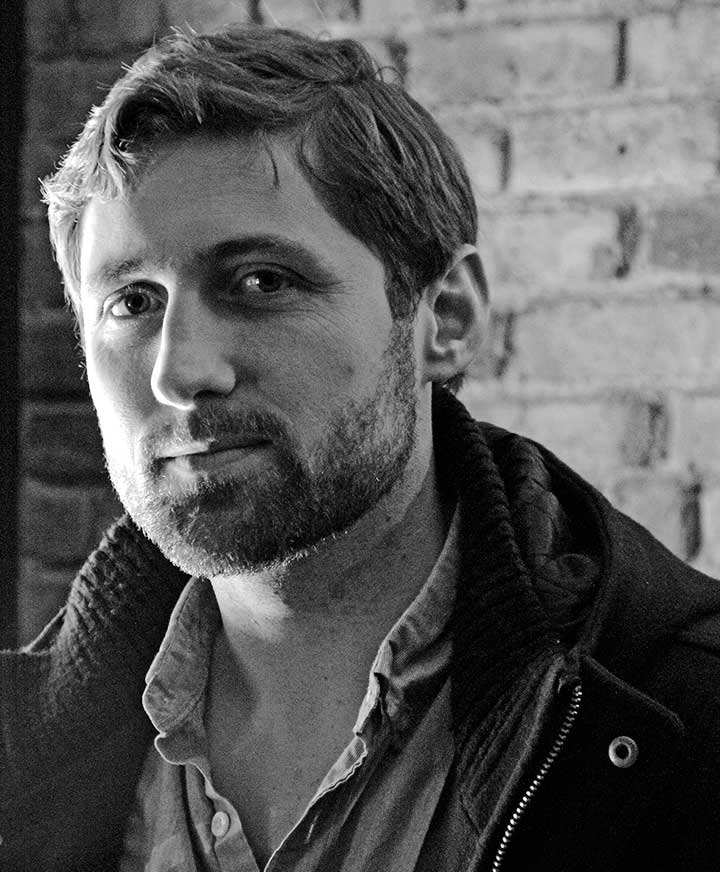Creative Writing: Phil Klay, Soldier-Scholar
A ‘quintessential storyteller’ of America’s war in Iraq
In 2005, after studying poetry at Dartmouth, Phil Klay volunteered for the Marines. He signed up, he says, because “I wanted to serve my country in a time of war.” He spent 13 months in Iraq’s Anbar province as a public-affairs officer. Once he returned home, he captured the absurdities and cruelties of war in Redeployment (Penguin Random House), a short-story collection that won the National Book Award for fiction in 2014. The judges called it a “brutal, piercing, sometimes darkly funny collection” and called Klay a contender as “the quintessential storyteller of America’s Iraq conflict.”
Klay, who has taught creative writing at Princeton since 2016, evokes the drumbeat of boredom and bureaucratic nonsense soldiers contend with, as well as the blasts of senseless violence they face and the fierce bonds of camaraderie that provide some solace. He also describes how returning home can bring a sense of displacement.
“Coming back, there was a real disconnect between the military world and the American civilian world,” he says. “The gap between public mythology and lived experience” affects veterans’ perceptions of themselves. Coming to terms with having been to war — and what it meant — unfolded gradually for Klay. He wanted readers of Redeployment “to enter into and grapple with the experiences I was trying to grapple with.” Using fiction to write about the war enabled him to depict a range of perspectives, from the mortuary-affairs officer who collects remains of American and Iraqi soldiers to the soldier who must shoot a dog.
More recently, Klay has turned to nonfiction. His essays have explored the morale of American troops, the obligations of the citizen-soldier, and society’s failure to demand serious oversight of our wars. Klay seeks to encourage “richer conversations about how we manage wars and think about veterans,” he says. “It’s a different way of engaging the same kind of questions that drive me to write fiction.”
He is working on a novel about the United States’ involvement in Colombia, which has been the largest recipient of American aid in the Western Hemisphere since the Clinton administration. The novel’s action starts in Iraq and Afghanistan and moves to Colombia as Klay explores “how America projects power around the world,” he says. He has a personal connection to the subject through his wife, who is Colombian American.
While Klay hopes his writing spurs Americans to pay more attention to the wars in which we are engaged, he also has expressed ambivalence about his efforts to capture such an overwhelming experience in words. As he wrote in The New York Times in 2010, “I feel I do disservice to the enormity of my subject by making it a subject of conversation. And yet I know that keeping a hushed silence is a failure, too, because by not telling these stories we fail to process them.”












No responses yet